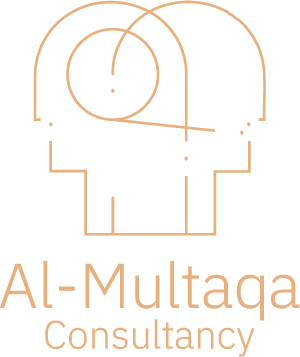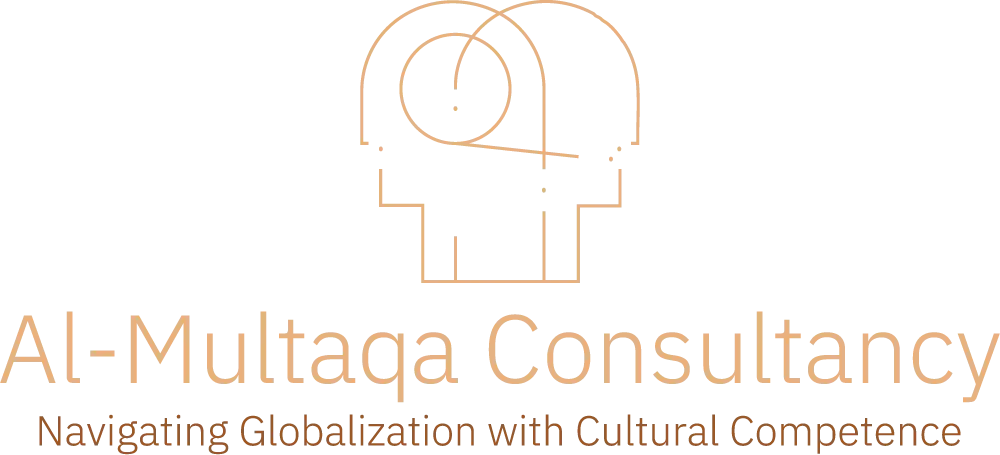As globalization transforms workplaces across the MENA region, the future of work is increasingly defined by diversity, digitalization, and intercultural communication. Leaders and HR professionals in MENA are navigating new trends that impact how organizations operate, recruit, and build team cohesion in an interconnected world. In this blog, we will explore key globalization and communication trends shaping the future of work in MENA—and how Al Multaqa Consultancy can help businesses embrace these changes to build resilient, inclusive teams.
The Impact of Globalization on MENA Workplaces
Globalization is bringing MENA organizations into closer contact with international clients, partners, and employees. This new era of connectivity presents both opportunities and challenges as businesses adapt to broader cultural, social, and business expectations. As the workforce becomes more culturally diverse, companies must prioritize intercultural communication to build environments where all employees can thrive.
Key globalization trends affecting MENA workplaces include:
- Increased Diversity: Local and expatriate talent collaborate more frequently, requiring inclusive leadership that understands both regional customs and global business practices.
- Digital Collaboration: Remote work and digital communication are expanding the reach of MENA organizations, making it essential for leaders to master intercultural virtual communication.
- Shift to Skills-Based Hiring: As industries evolve, MENA companies are seeking talent with adaptable skills and cultural awareness, positioning employees to navigate complex, multicultural environments effectively.
Intercultural Communication: The Foundation for Success
Effective intercultural communication is essential in today’s MENA workplaces, enabling leaders to foster an environment of trust, collaboration, and mutual respect. Companies that prioritize intercultural skills gain a competitive edge by ensuring smoother operations, stronger team cohesion, and improved employee satisfaction.
Emerging trends in intercultural communication include:
- Cultural Sensitivity Training: As diversity grows, more companies are investing in training programs to build awareness of cultural nuances and improve workplace communication.
- Inclusive Leadership Development: Organizations are increasingly focusing on equipping leaders with the skills to manage diverse teams, balancing local traditions with global workplace norms.
- Conflict Resolution Skills: Multicultural teams face unique communication challenges, and leaders with intercultural training can resolve conflicts effectively, respecting each individual’s background.
The Role of Al Multaqa Consultancy in Shaping the Future of Work
At Al Multaqa Consultancy, we specialize in intercultural communication and leadership training tailored for the MENA region. We understand the complexities of today’s workplaces and are dedicated to helping companies bridge cultural divides, promote inclusivity, and build strong, adaptable teams.
Our key programs that support these trends include:
- The Executive Compass: This program equips leaders with essential intercultural skills to manage diverse teams across borders, enhancing organizational effectiveness.
- The Leadership Lantern: Focused on empowering women leaders, this program addresses the unique challenges women face in MENA workplaces, fostering inclusive and confident leadership.
- Intercultural Synthesis Workshops: These workshops help teams improve communication, build trust, and learn strategies for navigating cultural differences, resulting in more cohesive and high-performing teams.
- Strategic Navigator Advisory Package: Tailored for clients facing project delays due to cultural misunderstandings, this package provides targeted recommendations and conflict-resolution support.
Preparing for the Future of Work in MENA
The future of work in MENA requires a commitment to continuous learning, adaptability, and respect for cultural diversity. Companies that embrace intercultural communication as a core business skill will thrive in this evolving landscape, attracting top talent and driving long-term growth.
Key takeaways for organizations preparing for the future of work:
- Invest in intercultural communication training to create an inclusive, respectful workplace culture.
- Develop adaptable leaders who can manage diverse teams effectively and inspire engagement.
- Partner with expert consultants like Al Multaqa to address unique organizational challenges and build lasting, culturally aware business strategies.
Embrace the Future of Work with Al Multaqa Consultancy
Al Multaqa Consultancy is committed to supporting MENA organizations as they adapt to the future of work. Through our specialized training programs and consulting services, we empower leaders to navigate cultural complexities, ensuring that diversity becomes a strength rather than a challenge.
Ready to embrace the future of work in MENA? Contact us today to learn how Al Multaqa Consultancy can help your organization stay ahead in an increasingly globalized world.
————————
Meta Title: The Future of Work in MENA: Globalization & Communication
Meta Description: Explore how globalization and intercultural communication trends are shaping the future of work in MENA. Discover strategies to thrive in this evolving landscape.

